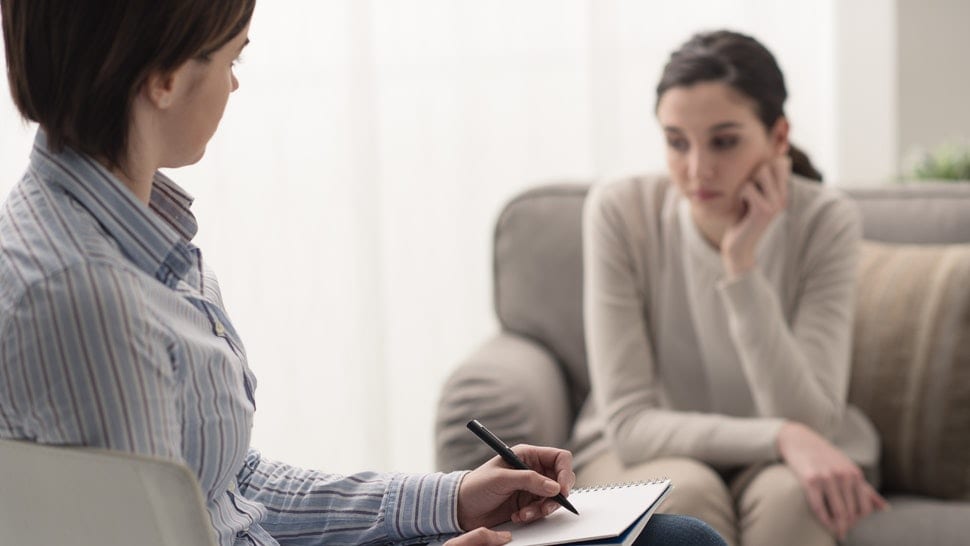
There is a lot of stigma and taboo around therapy, which makes dealing with a mental health disorder like depression difficult. However, as difficult as the situation may be, it is even harder to find a suitable therapist near to you. For starters, there should be a level of closeness between a therapist and a patient. Also, you want to feel safe to share your issue with that person quickly. Obviously, finding someone suitable is not an easy task.
Why it is Hard to find a Therapist:
There are several problems that you face while trying to find a therapist. Here are a few of them:
- There are a lot of therapists: A major problem is there are many therapists out there, making it tough to choose, let alone one who is right for you.
- Timing: Most people refuse to take time out of their busy schedules to find help.
- No Therapist Near You: If you are living in such areas where you could not find a therapist near you, it becomes an even harder task to find the right therapist for you.
The above three examples are just a handful of many reasons of why it is hard to find a therapist. There are many more that exist, but we would need a book to list all of them. So with that, we’ll instead address the steps you should take that will help you find a therapist.
How to find a therapist
If you needed an answer to something important, who would you probably go to? If you answered friends and family, then you are correct. Your best first option in finding a therapist is to ask a family member or a friend, or any other trustworthy person, if they are already in touch with a good therapist (or know of one offhand). Your family and friends love you. There will be no judgement. Plus, you can count on the fact that they will refer you to a good therapist in the event that they do have a connection.
Another way to find a therapist is to find out if you’re health insurance provider offers easy access to mental health support nearby. If they do, chances are they keep a list of mental health care providers along with their contact information.
Lastly, but probably the most efficient way is to use the good old internet. There are several online listings that can help. Here are three excellent therapist finders:
However, one last piece of advice: before you go out and start looking for help, it doesn’t hurt to have some sort of understanding of your condition. This will ease your transition into the therapy process. If you have an inkling of what you’re dealing with, look it up and see if there’s anything you can do prior to your first therapy session. Good luck!
